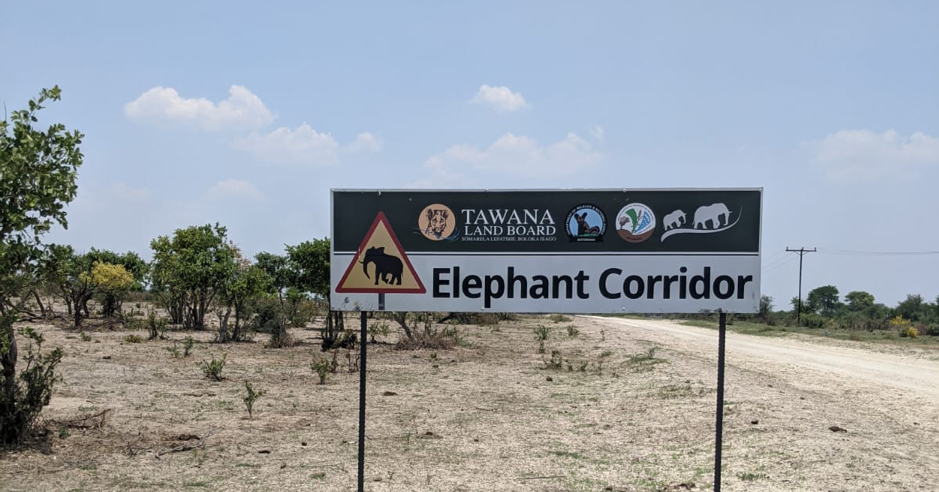
Marking the Beginning of an Elephant Corridor, Seronga, Botswana. Credit: Jamie Robertson
Building Innovative Approaches To Combat Human Wildlife Conflict (HWC):
Lessons From Southern Africa
11 April 23, 11h00-12h30
Register here.
Most parts of Southern Africa are characterised by Human Wildlife Conflicts (HWC), in some cases resulting from large populations of wildlife especially elephants. Consequently, making these areas hotspots for various forms of HWCs, resulting in crop destruction, high livestock mortalities and loss of human lives.
In response to this, join Resilient Waters Program to reflect on valuable lessons learnt emerging from current methods to combat HWC solutions and further opportunities to be explored. The webinar will rely on case studies from Botswana and Zambia on Elephant proof fencing, Poliwire fencing and the use of beehives to deter elephants from encroaching into croplands and human settlements. The webinar will also draw lessons learnt from the rollout of information systems such as Land Use Conflict Identification Strategy (LUCIS) for land use planning and other digital platforms to manage and report HWC incidences.

Provisional Agenda:
11h00: Welcome and introduction
11h05: Setting the scene
Appropriate Technology to Manage and Mitigate Wildlife
Facilitator: Farai Mavhiya
11h10: Co-existing with elephants in the panhandle
11h25: Appropriate technology to manage and mitigate Wildlife conflicts in Zambia
Digital Platforms to Manage and Report Human Wildlife Conflict (HWC) Incidences
Facilitator: Farai Mavhiya
11h40: LUCIS as a tool to manage and Mitigate HWC in the panhandle
11h55: Digital platforms to manage and report HWC incidences in Botswana
Discussion Session
Moderator: Farai Mavhiya
12h10: Panel discussion
12h25: Closure

